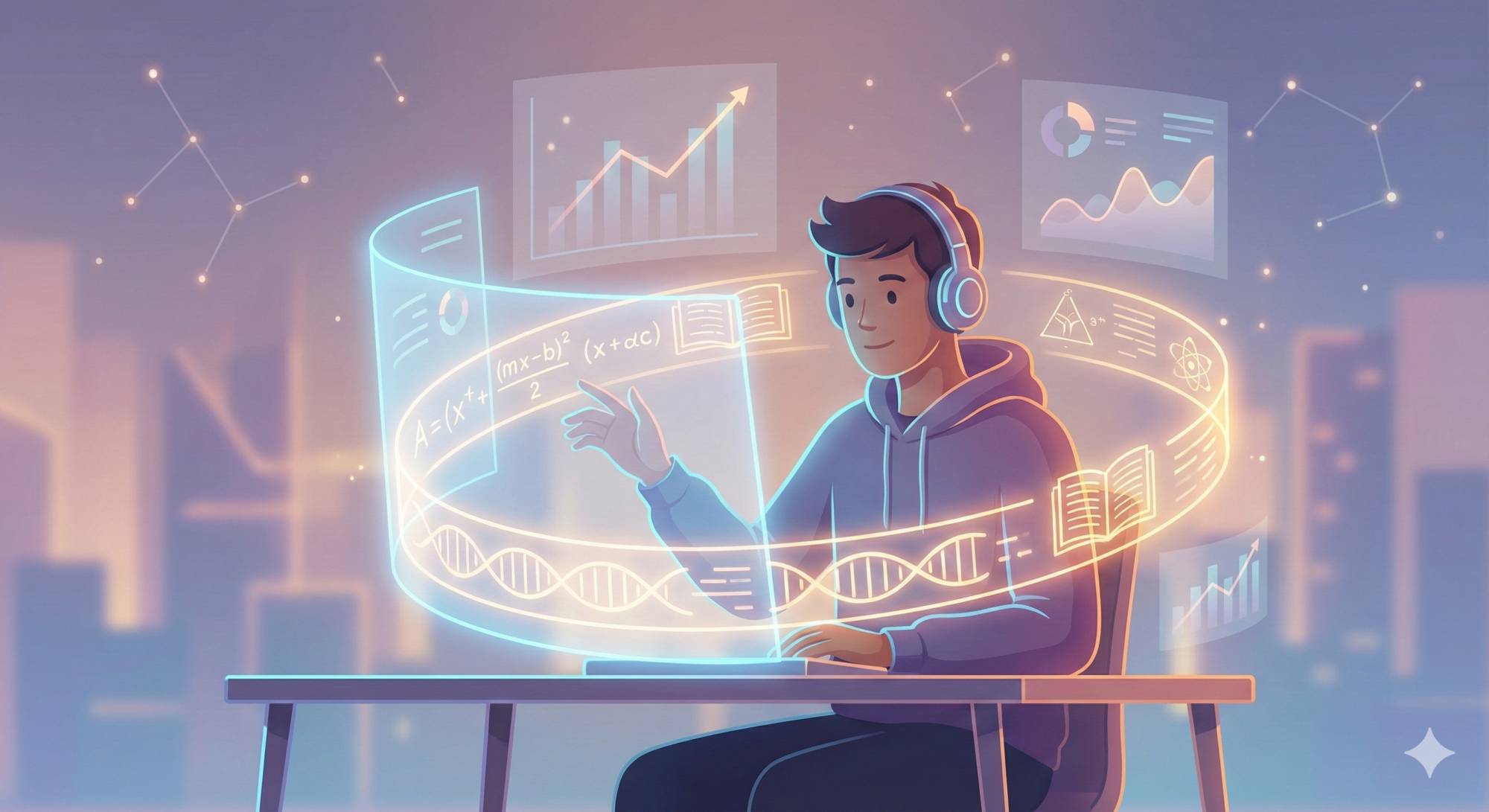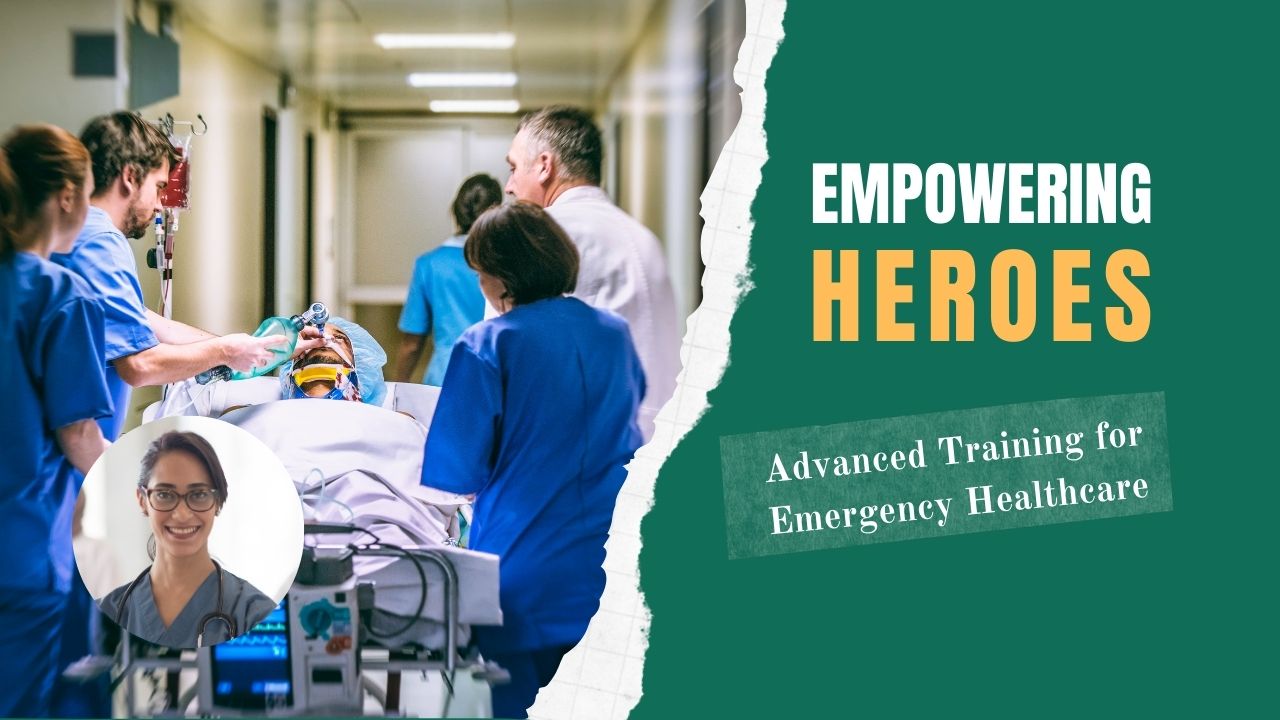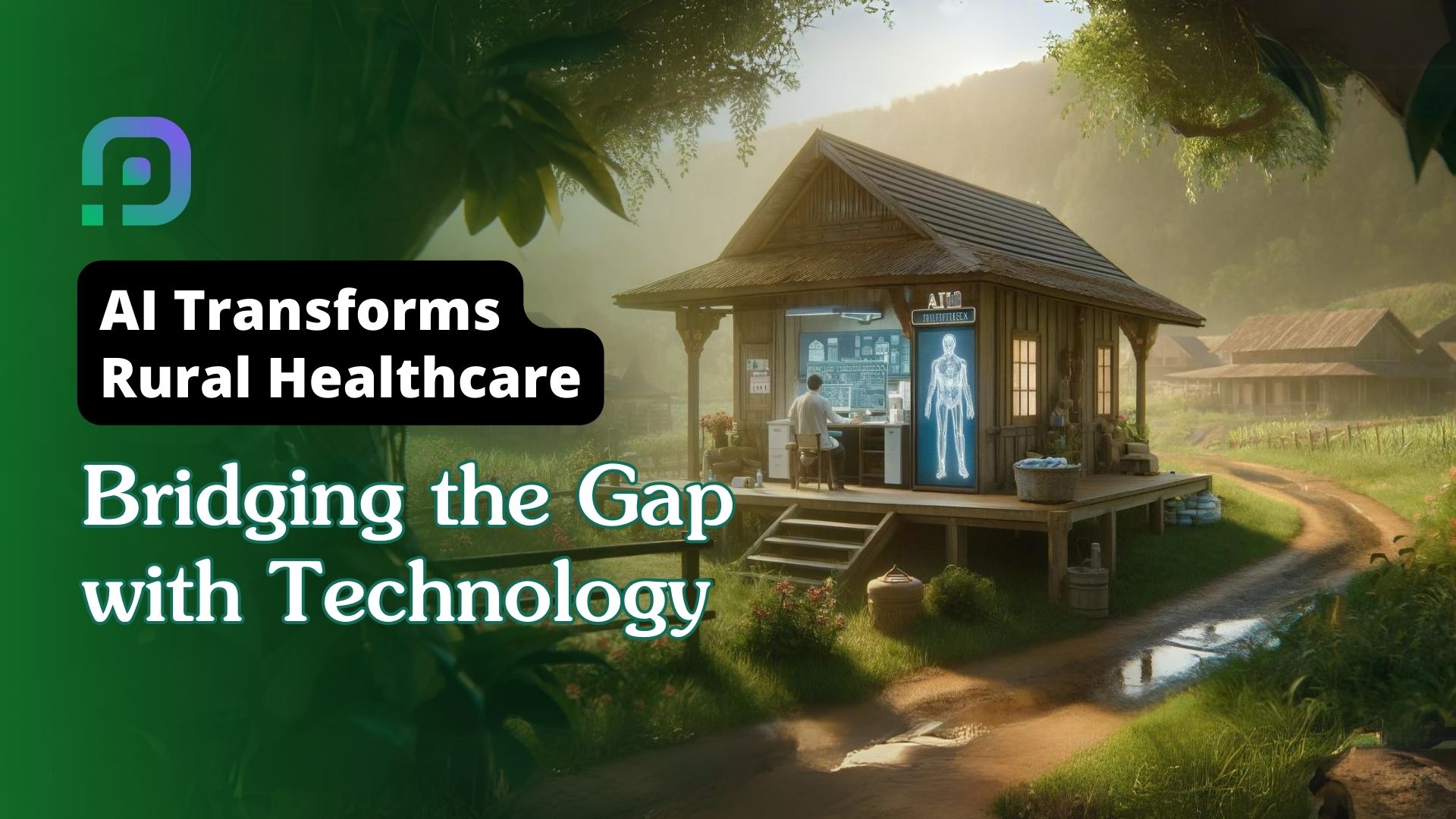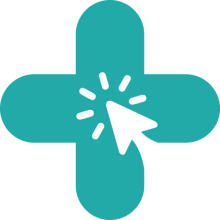Published - Fri, 29 Jul 2022

WHAT IS THE EMERGENCY MANAGEMENT FOR HYPOGLYCEMIA
Your blood sugar (glucose) level is below the normal range (less than 50 mg/dL) if you have hypoglycemia. Glucose serves as your body's main energy source. Diabetes control and hypoglycemia commonly go hand in hand. However, people without diabetes can experience low blood sugar as a result of a wide range of illnesses and treatments, many of which are unusual.
Etiology:
Insulin (secreted by the pancreas), counter-regulatory hormones (such as glucagon, catecholamine, and glucocorticoids), and growth hormones interact intricately to maintain glucose homeostasis. Hypoglycemia is often categorized as postprandial (reactive) or fasting.
1. Spontaneous hypoglycemia:
a) Postprandial (reactive) hypoglycemia is characterized by declining glucose levels after a glucose load.
b) Alimentary hypoglycemia occurs in patients who have recently undergone gastrointestinal surgery.
c) Pre-diabetic glucose intolerance: Hypoglycemia may be an early manifestation of non–insulin-dependent diabetes mellitus.
d) Functional (idiopathic) hypoglycemia: Hypoglycemia occurs between the fed and fasting state.
e) Fasting hypoglycemia occurs in patients with significant underlying pathologic conditions.
f) Endogenous insulin excess may result from insulinomas (nonmalignant pancreatic tumors) or extrapancreatic neoplasms.
g) Regulatory hormone deficiencies: Acquired or congenital deficiencies of glucagon, glucocorticoids, or growth hormone can lead to hypoglycemia.
h) Organ failure: Impaired liver or kidney function can lead to hypoglycemia.
Systemic disease: Shock, sepsis, and starvation can cause hypoglycemia.
2. Induced hypoglycemia
a) Insulin-induced hypoglycemia, seen in patients with diabetes, is the most common cause of hypoglycemia seen in the emergency department.
b) Factitious hypoglycemia may be seen in psychiatric patients (e.g., as a result of the ingestion of oral hypoglycemic agents by a patient with Munchausen syndrome).
c) Chemical-induced: Alcohol-induced hypoglycemia is found in malnourished, alcoholic patients. Hypoglycemia can also be brought on by other substances and medicines.
RISK FACTORS: Young children and elderly patients are at high risk for the development of hypoglycemia.
CLINICAL FEATURES are caused by the direct effects of hypoglycemia on the central nervous system as well as its indirect effects on the sympathetic nervous system. Patients may be asymptomatic, or they may present with a wide variety of symptoms.
1. Nonspecific systemic symptoms include dyspnea, hypertension, hyperventilation, sweating, palpitations, peripheral vasodilation, pallor, tachycardia, and tremulousness.
2. Neurologic symptoms include paresthesia, neurologic deficit, diplopia, clonus, and transient hemiplegia.
3.Psychiatric manifestations include impairment of memory, change of personality, combative behavior, fatigue, headache, insomnia, nightmares, visual problems, catatonia, convulsions, and general sluggishness.
DIFFERENTIAL DIAGNOSES: Hypoglycemia may masquerade as a neurologic, psychiatric, or cardiovascular disease. Stroke, diabetic ketoacidosis, nonketotic hyperosmolar coma, alcohol intoxication, alcohol withdrawal, and other causes of coma must all be ruled out.
EVALUATION: Testing for glucose at the bedside is a good method of excluding hypoglycemia.
THERAPY
1. Prehospital providers commonly administer one ampule (25 g) of 50% dextrose intravenously. Alcoholic patients should receive thiamine (100 mg administered intravenously) before receiving dextrose to prevent Wernicke-Korsakoff syndrome. If intravenous access is unavailable, glucagon (0.5 to 2.0 mg) is administered intramuscularly or subcutaneously. The glucagon dose can be repeated twice.
2. After initial treatment, a meal rich in complex carbohydrates should be given. A continuous intravenous infusion of water containing 5% dextrose should be started if the patient is unable to swallow.
DISPOSITION
Admission is indicated for patients who have taken an oral hypoglycemic agent or long-acting insulin. Patients in whom no obvious cause for the hypoglycemia can be identified and patients with persistent neurologic deficits or cardiac complications (e.g., coronary or cerebrovascular insufficiency) should also be admitted.
Discharge: Patients whose symptoms are rapidly reversed without complications and in whom a clear cause for the hypoglycemia has been identified may go home. Patients with diabetes who experience a hypoglycemic episode should be taught how to adjust their insulin dose, food intake, or both based on their level of physical activity.
Created by
Rigomo Team
Rigomo is a leading online education platform that offers a wide range of courses to help individuals enhance their skills and achieve their career goals. With our user-friendly interface and expert instructors, we strive to provide high-quality education to everyone, anytime and anywhere. Join us today and take the first step towards a brighter future.
Rigomo is an e-learning platform that was founded in 2019 by a team of dedicated professionals with a passion for revolutionizing the way people learn. The platform offers a range of online courses that cover various industries, including business, technology, healthcare, and more.
Rigomo's courses are designed to be interactive and engaging, with a focus on practical skills that learners can apply in their careers. The platform uses a combination of video lectures, quizzes, and hands-on projects to help learners master the subject matter.
Rigomo is committed to providing affordable and accessible education to people around the world. The platform offers a range of pricing options, including monthly and annual subscriptions, as well as pay-as-you-go options for individual courses.
Since its launch, Rigomo has received numerous accolades for its innovative approach to e-learning. The platform has helped thousands of learners across the globe acquire new skills and advance their careers.
As Rigomo continues to grow, the team remains committed to providing high-quality education that is accessible to all. The platform is constantly updating its courses and features to ensure that learners have access to the latest tools and technologies.
Comments (0)
Search
Popular categories
Health and Wellness
231Skill Development
7Technology
5Community Impact
2Success story
2Creativity
1Latest blogs

DeepSchool: The Story of an Idea That Refused to Sit Still
Tue, 02 Dec 2025

Transforming Emergency Care: The Story Behind Rigomo's Revolutionary PPMMP Course
Sun, 12 May 2024

Empowering Rural Healthcare: How Pogiko's AI is Bridging the Gap in Medical Services
Thu, 25 Apr 2024

Write a public review